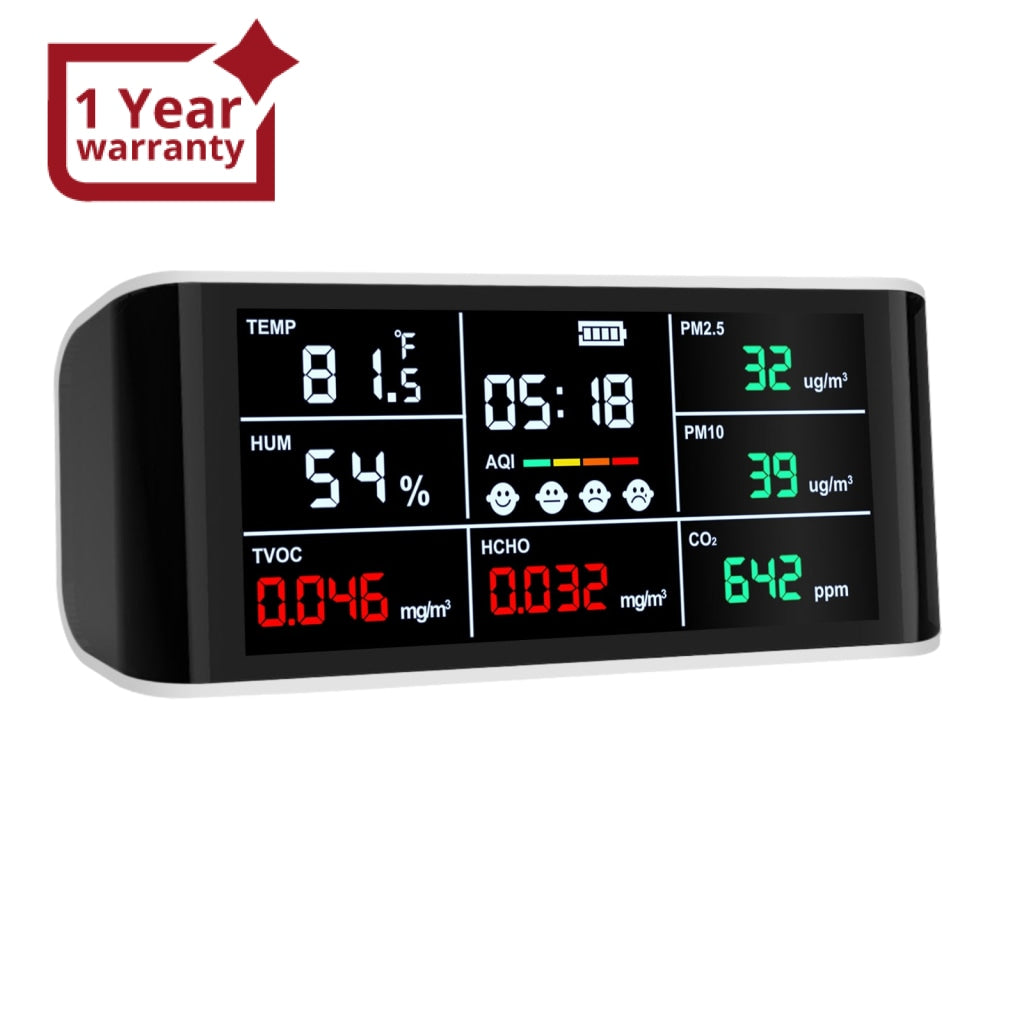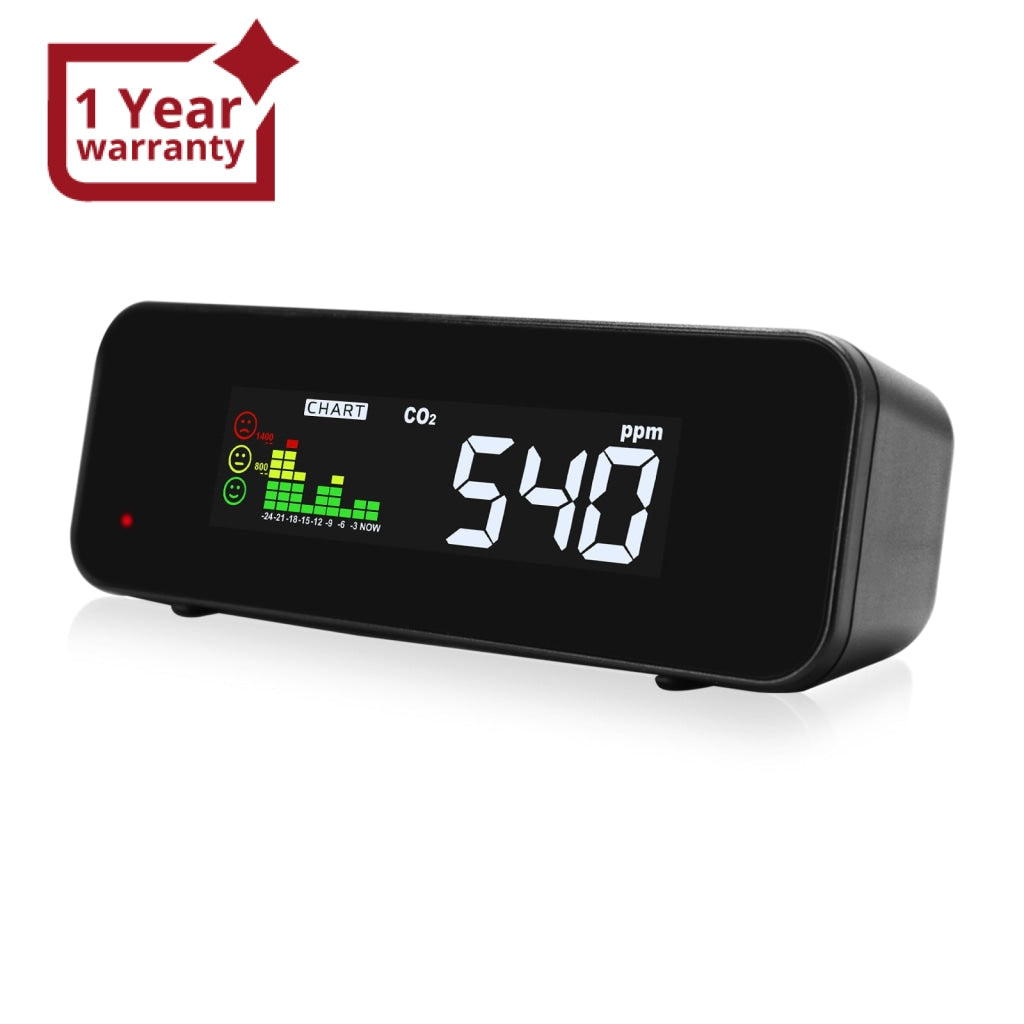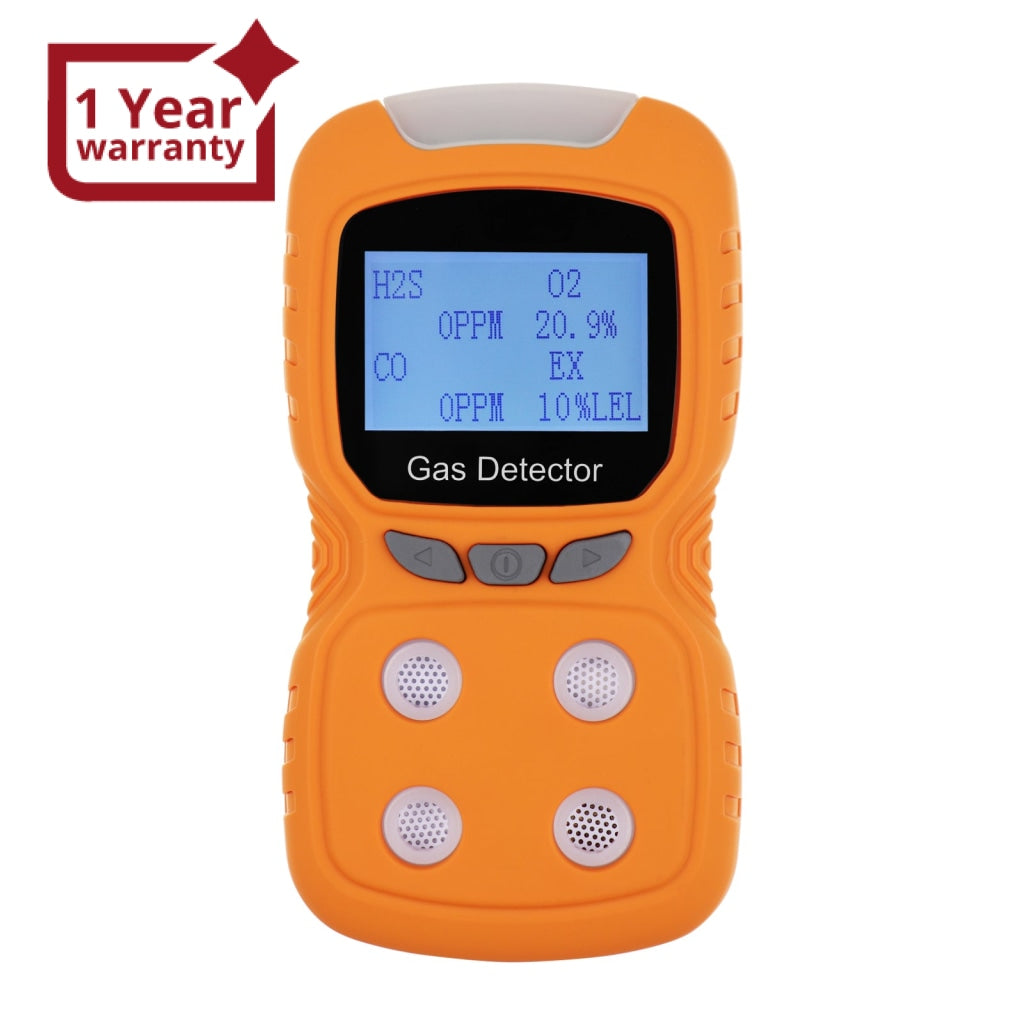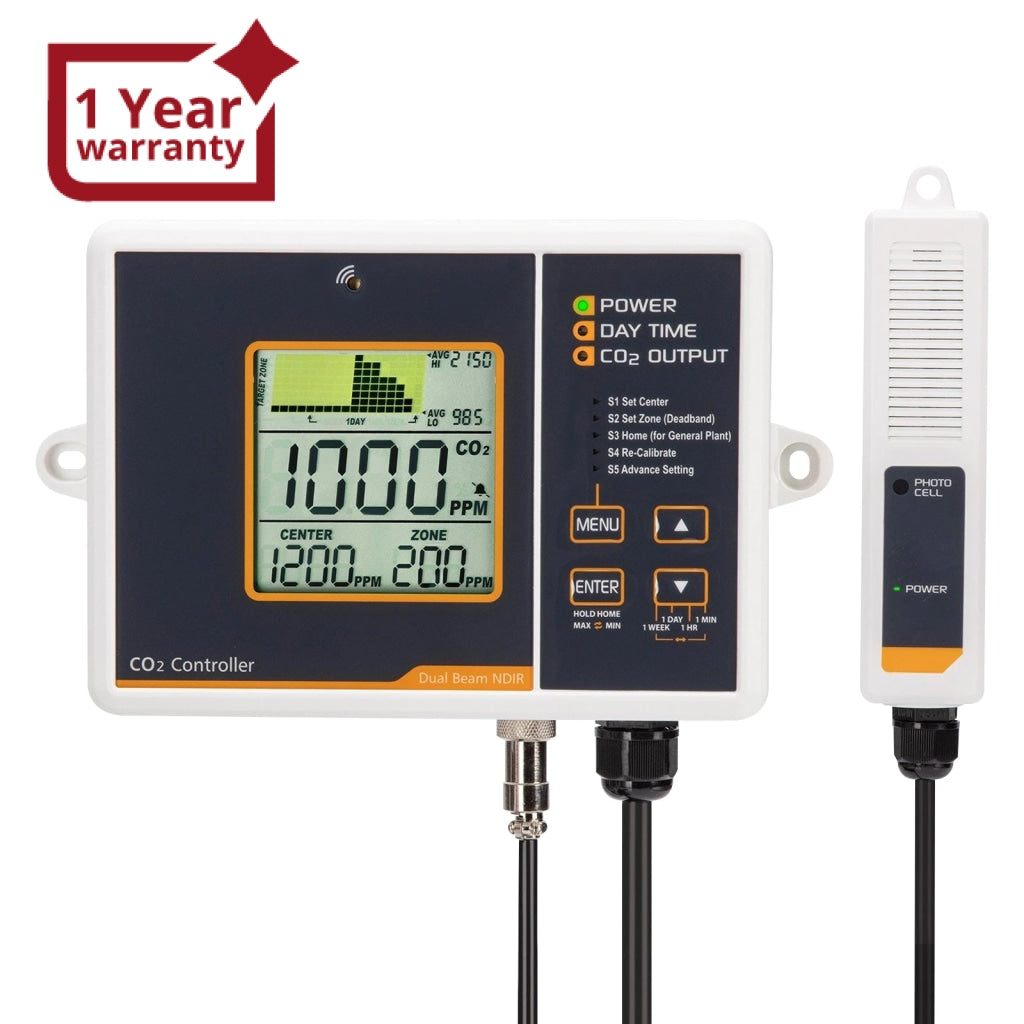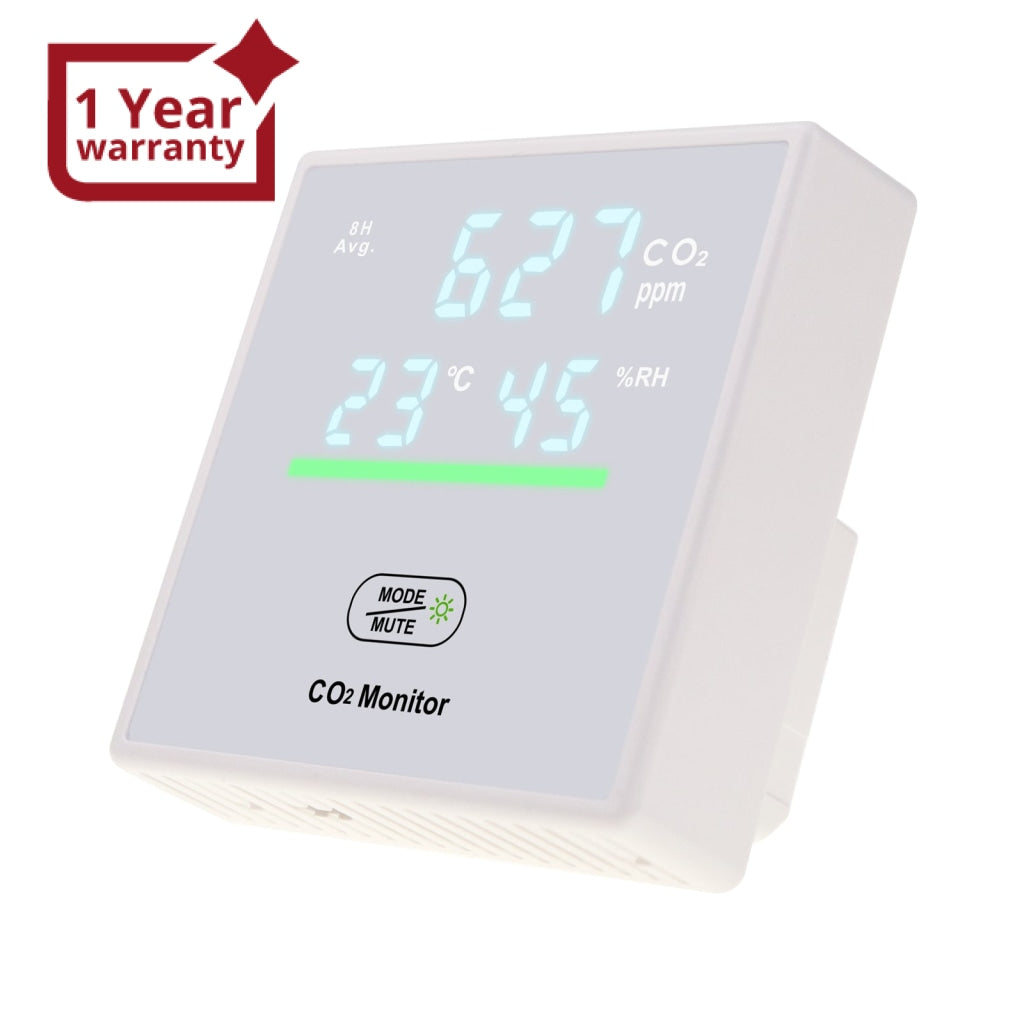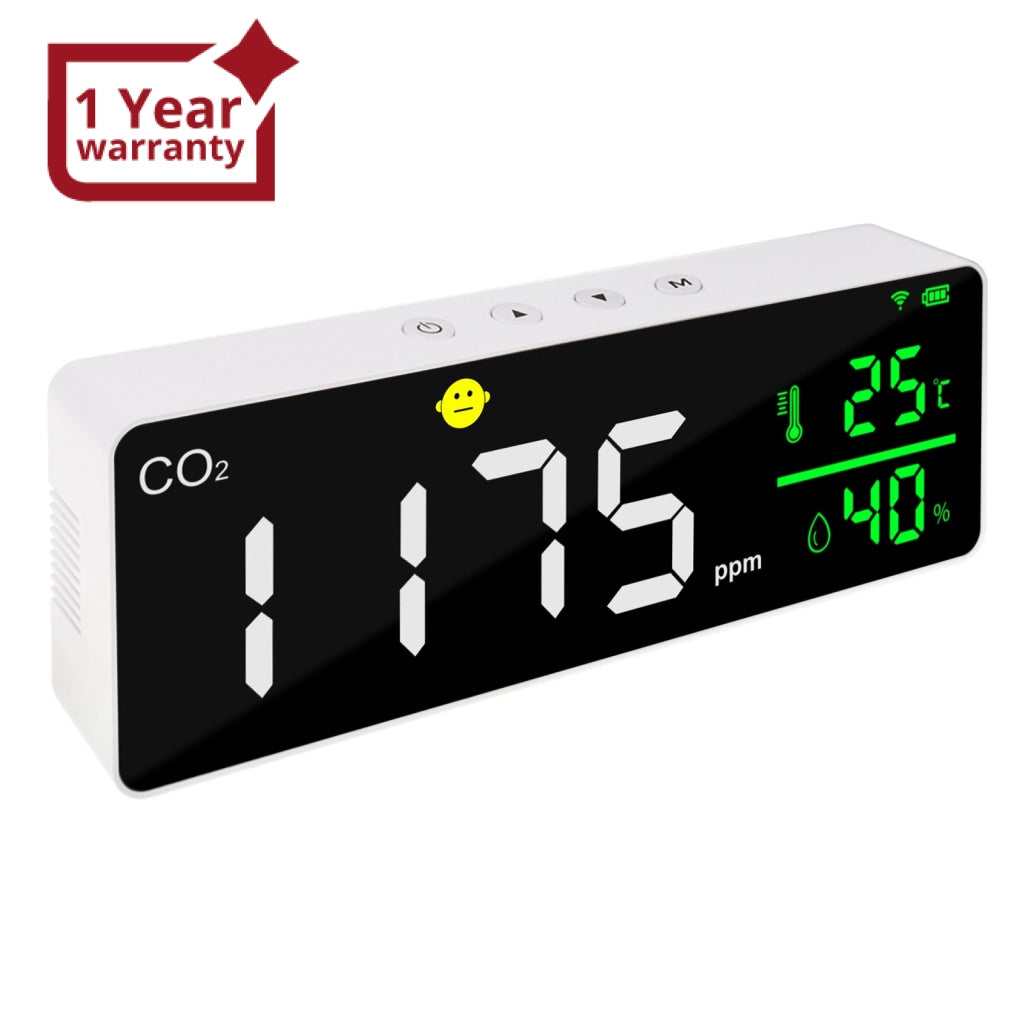
Monitoring Air Quality: The Role of Air Quality Meters
In today's rapidly evolving world, concerns about environmental health are more prevalent than ever before. Air quality, in particular, has garnered significant attention due to its direct impact on our well-being. Thankfully, advancements in technology have provided us with tools to assess and monitor the quality of the air we breathe. One such tool that has gained prominence is the air quality meter.
Understanding Air Quality Meters
Air quality meters, also known as air quality monitors or AQMs, are devices designed to measure various pollutants and compounds present in the air. These pollutants can include particulate matter (PM2.5 and PM10), volatile organic compounds (VOCs), carbon monoxide (CO), sulfur dioxide (SO2), nitrogen dioxide (NO2), and ozone (O3). By accurately measuring these pollutants, air quality meters provide valuable insights into the overall healthiness of the air we inhale.
Key Components and Functionality
Air quality meters consist of sensors that are strategically placed to detect different pollutants. These sensors operate on various principles, such as infrared absorption, electrochemical reactions, and optical scattering. Once the sensors collect data, the meter processes the information and displays the concentration levels of each pollutant.
Most modern air quality meters are equipped with user-friendly interfaces that display real-time measurements and often include historical data trends. Some advanced models even connect to mobile apps, enabling users to monitor air quality remotely and receive alerts when pollutant levels exceed safe thresholds.
Benefits of Air Quality Meters
- Health Awareness: Air quality meters empower individuals and communities by raising awareness about the pollutants in their environment. This information allows people to make informed decisions about outdoor activities, exercise routines, and protective measures.
- Environmental Monitoring: Air quality meters play a crucial role in environmental monitoring programs. Governments and organizations can use the data collected by these devices to create policies, assess pollution sources, and develop strategies to improve air quality.
- Indoor Air Quality: Air quality meters are equally valuable indoors. They help identify pollutants emitted from household products, construction materials, and activities like cooking. Monitoring indoor air quality is particularly important for maintaining a healthy living and working environment.
- Research and Advocacy: Scientists and researchers use air quality data to study pollution trends, assess the effectiveness of regulations, and advocate for positive changes in air quality management.
As concerns over air quality continue to grow, air quality meters have emerged as indispensable tools for individuals, communities, and governments alike. By providing real-time measurements and valuable data insights, these devices empower us to take proactive steps towards safeguarding our health and the environment. Whether for personal awareness or broader environmental initiatives, air quality meters contribute to a cleaner and healthier future for all.

